

Culture
The people of Obuasi East exhibit a typical Akan culture. They are very hospitable, and non-violent. They have many cultural practices which ensure unity, good health, protection of the environment and good governance. It is therefore not a mystery that the area is fast growing and developing. Though the people are from diverse ethnic groups, they have become so integrated within the Akan tradition to sAuch an extent that one cannot easily tell who is or not an Akan. The people have a rich culture which helps promote the development of the area. The people are proactive. There is no ethnic conflict or any negative cultural practice amongst the people.
Traditional Set-up
The district is under the traditional authority of the King of Ashanti. The area has a Paramount Chief called the Adansihene who supervises activities of various sub-chiefs of all the communities. The whole system is therefore a local form of decentralization. Such traditional set-up gives rise to popular participation and smooth development. This also explains the strong communal spirit and absence of conflicts amongst the people.
Ethnicity
In terms of ethnicity, the district is cosmopolitan. Every known ethnic group in Ghana is represented. This is as a result of the Mining and other related socio-economic activities going on in the area. Despite this the predominant ethnic group is the Akans.
Table 1.22: Population by Ethnic Groupings
Participation
The level of participation in the developmental programmes and projects of the district is quite encouraging. This is due to the fact that they are consulted and their views incorporated in activities within the various sectors in the district. The people in the district actively participate in all cultural activities in all their endeavours namely the pouring of libation, child naming ceremonies, marriage rites, durbars, funeral rites and other festival activities.
In addition, the communities frequently organise communal activities and raise funds for projects. They also make their concerns known through the district structure and on local FM programmes. Companies, Business concerns and Property owners pay their taxes regularly; however, the Assembly uses its mobile van to implore rate defaulters to pay to avoid persecution at the law court. There is also a vibrant Assembly which deliberate on all issues in the district. Infact, one can also assess the level of participation of the people during election of public officers i.e. Unit Committee members, Assembly members, Parliamentarians and Presidential.
Communal Spirit
Communities where Chiefs and Unit Committee Members have been proactive and institute local penalties to communal labour absentees, there is improved voluntarism among the youth who actively participates in communal labour towards the development of their communities. In Obuasi East District, there is high communal spirit as members are involved in communal labour and also concerned about the development of their respective communities.
Attitudes and Practices
As a common practice in Ashanti, the people in the Obuasi East District are very hardworking and have worked tirelessly to enhance the economic status of the District. This has rendered
Religious Composition
Three main religious groupings can be found in the district, namely Christianity, Islam and Traditional. 81.7% of the people in the Obuasi East professes adherence to the Christian faith. Moslems form only 13.3% of the population and the traditionalist are the least with 0.2 percent. Persons who profess to have no religion are 4.1 percent of the total population. Among the Christians the Pentecostals have the highest following with 33.2 percent, followed by the Protestants who constitute approximately onefifth (19.7%) of the population and the least is catholic with 14.0 percent. Apart from Islam and Traditional Religion where the males outnumber the females, in Christianity it is the reverse situation.
Table 1.23 Religious Composition in the district
Positive Cultural Practices
Traditional Festivals in the District
A festival is a periodic gathering of a community to remember a historical event or the ancestors and give thanks to God and the gods for their help and protection over the past year. Most festivals are celebrated with a specific or particular intention and objective. The Akwasidae and the Adae Kese are the main festivals of the people of the Ashanti region as well as Obuasi East District. The main significance is to remember their fallen heroes or their ancestors. It is also used as an occasion to pay homage to their gods. They believe in their ancestors as being the forefathers of the community and the gods are seen as the protectors of the people spiritually. The Akwasidae festival is celebrated every forty (40) days or nine times in a year whilst the Adae Kese is celebrated annually.
On this occasion, the people wear white clothes and converge at the Chief’s Palace. The Chief, the Queen mother and the Elders also meet at the Stool House to pour libation to the ancestors for peace and prosperity. After the libation, the chief meet the entire community at the Palace to discuss issues concerning the Traditional Area; they identify problems in the past in order to make corrections and plan ahead for the next forty (40) days. Minor cases among the people including quarrels and land disputes are settled amicably to avoid unnecessary litigations at the law court. Gifts especially drinks are presented to the Chiefs. The Chief serves the people with drinks to end the occasion.
Implication of Culture characteristics for Development
The culture of the people is an added opportunity to be tapped for the development of the district. For example, the friendly nature of the people could attract investors and tourists into the district as the case is currently.
Date Created : 5/31/2023 12:00:00 AM

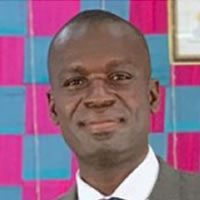
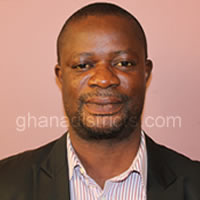
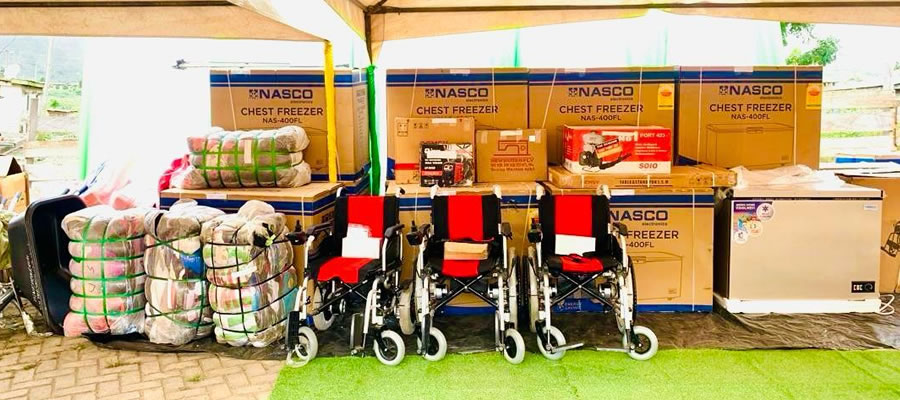

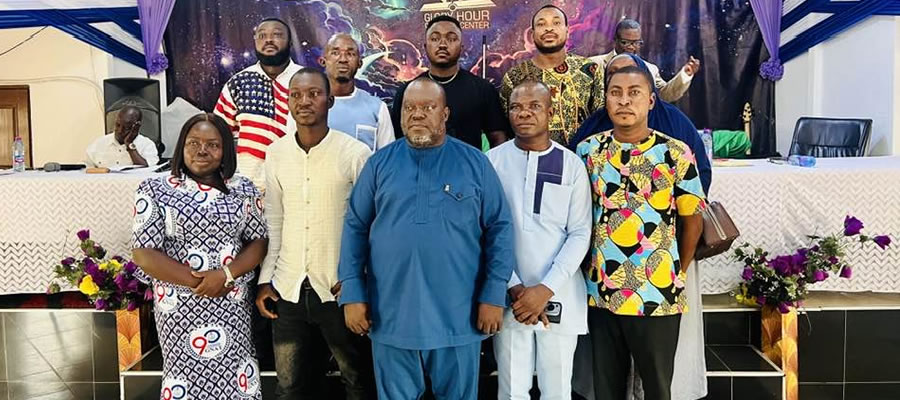
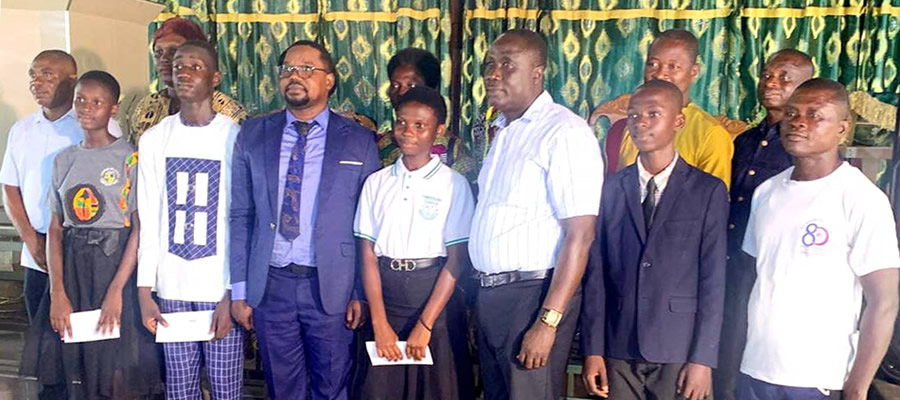

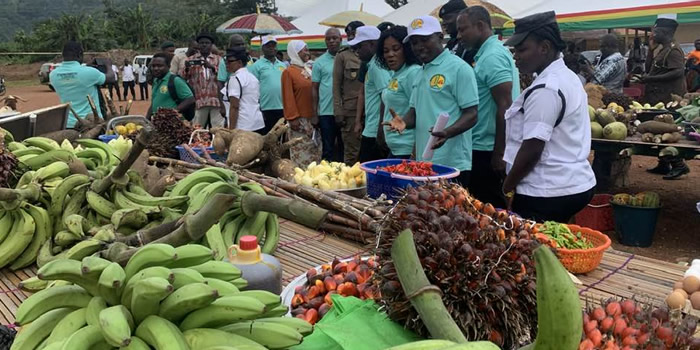



 facebook
facebook
 X
X
 Youtube
Youtube
 instagram
instagram
 +233 593 831 280
+233 593 831 280 0800 430 430
0800 430 430 GPS: GE-231-4383
GPS: GE-231-4383 info@ghanadistricts.com
info@ghanadistricts.com Box GP1044, Accra, Ghana
Box GP1044, Accra, Ghana